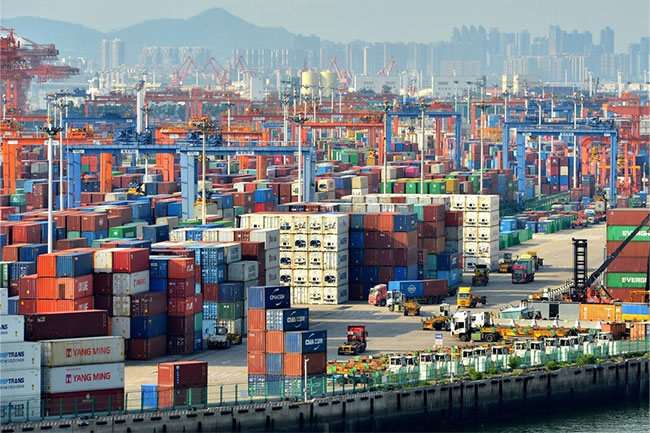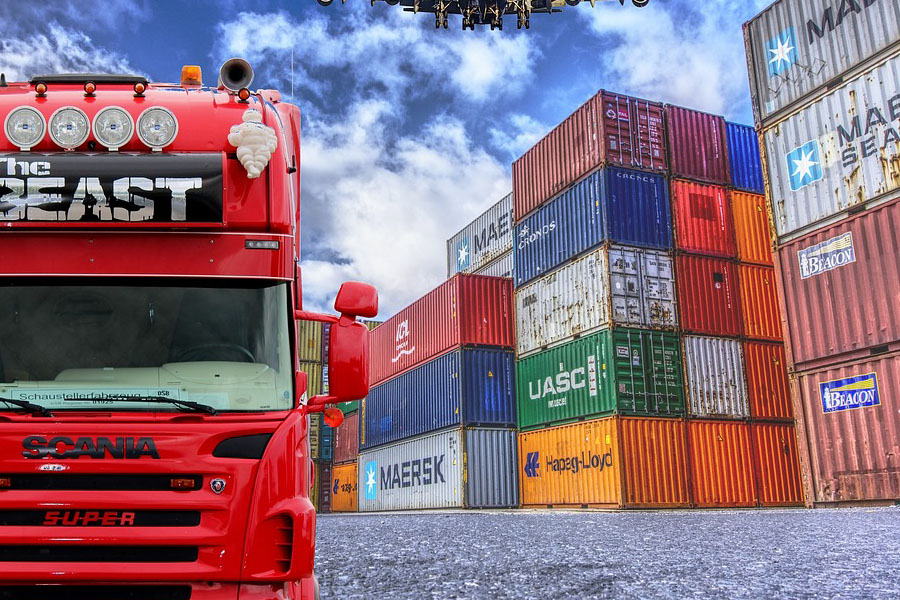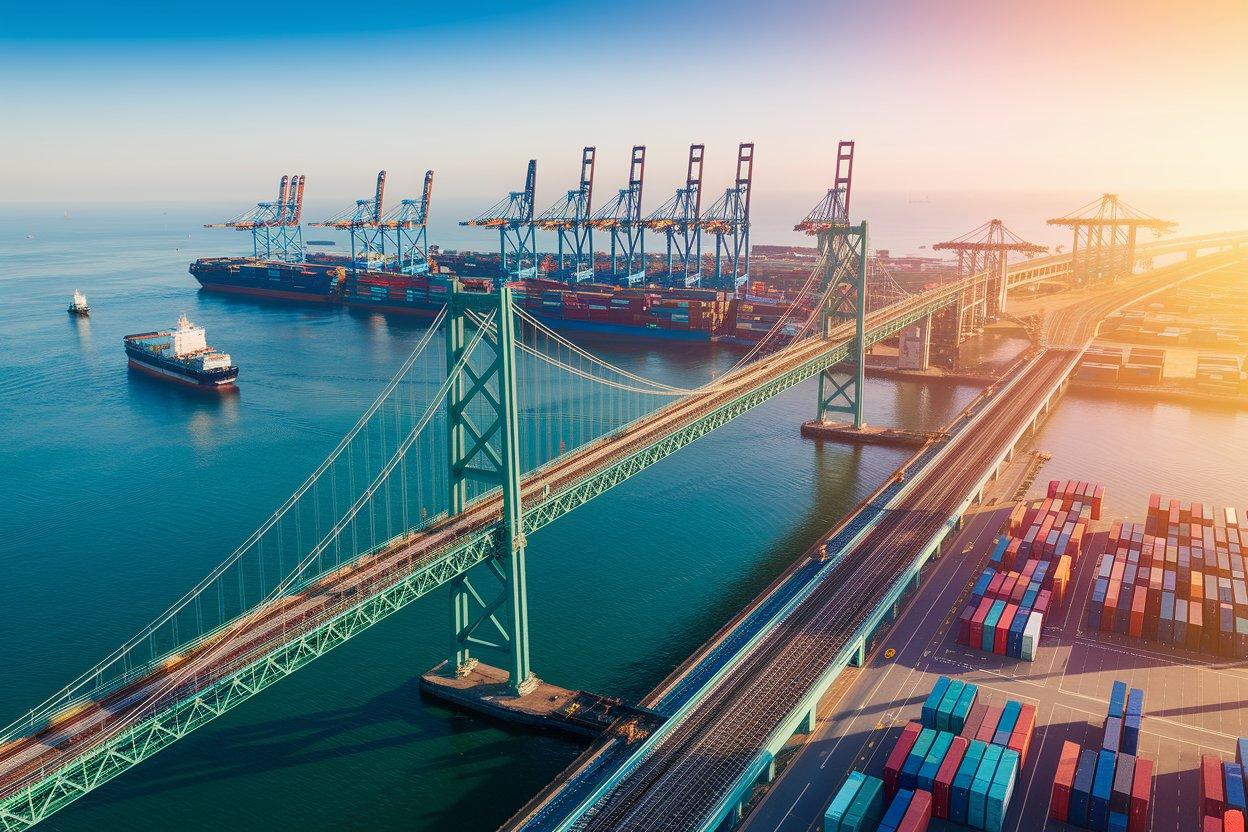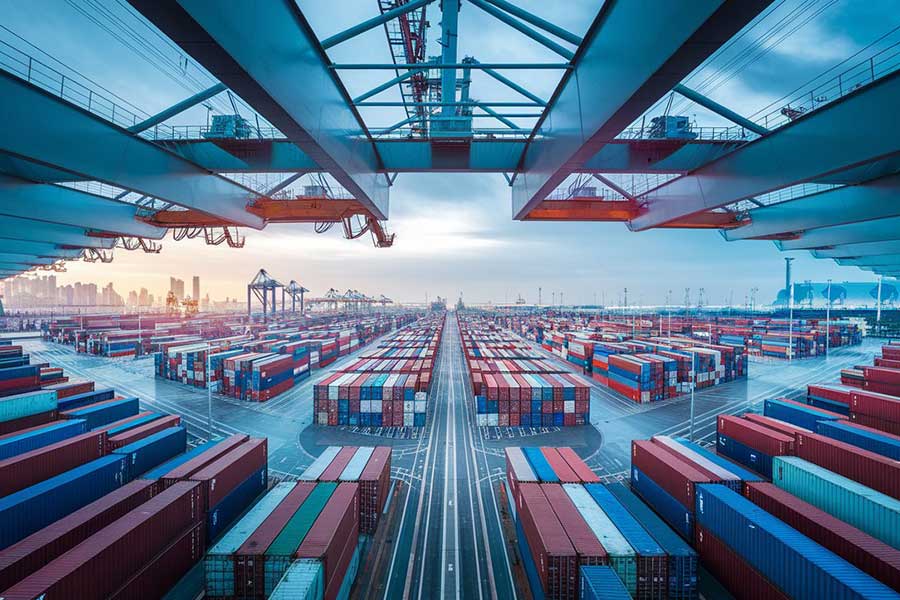- Shanghai Zhongshen International Trade Co., Ltd. - Two decades of trade agency expertise.
- Service Hotline: 139 1787 2118
Home » Trade Essentials » Which departments should enterprises approach for export agency services? The Latest 2025 Selection Guide
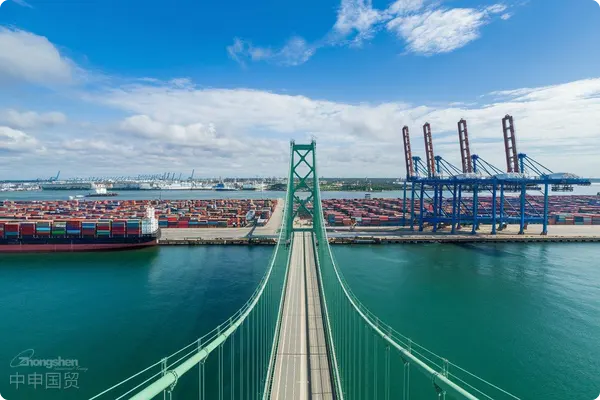
I.Export RepresentationWhat types are actually available?
In the international market environment of 2025, the export agents that enterprises can choose from are mainly divided into three categories:
- foreign tradecomprehensive service enterprises: Provides comprehensive chain services including customs clearance, logistics, tax rebates, and foreign exchange settlement (e.g., the 56 national-level comprehensive service enterprises recognized by the Ministry of Commerce in 2023).
- Professional Customs Broker: Focus on core processes such as customs clearance declaration and document review.
- Industry vertical service providers: Domain-specific experts (e.g.Medical EquipmentExports require finding an agent with FDA certification experience.)
II. How to Assess the Professional Competence of an Agency?
It is recommended to establish an evaluation system from five dimensions:
- Qualification Verification:
- Customs AEO Certification Status
- Foreign Exchange Administration Filing Level
- Special Commodity Operation License (e.g., Hazardous Chemicals, Food Products)
- System integration capability: Is it possible to achieve direct data connectivity with the Single Window for Customs and the Electronic Port?
- Case database: Request to provide export cases from the same industry and emergency response plans.
III. How to Choose Between Comprehensive Foreign Trade Service Providers and Professional Customs Brokers?
Key differences revealed through comparative tables:
- Service scope:
- Integrated service enterprises: Full-process coverage (involving an average of 23 steps)
- Customs Broker: Focusing on the Clearance Process (In-Depth Handling of Professional Issues Such as HS Code Classification)
- Pricing model:
- Integrated service enterprises: Charge based on a percentage of the trade volume (typically 0.5%-1.2%).
- Customs Broker: Per Bill Fee + Additional Service Charges
IV. What policy changes should be considered when selecting an agent in 2025?
Focus on three major policy trends:
- Announcement No. 77 of the General Administration of Customs: Requirements for the Digital Transformation of Export Declaration Elements
- State Administration of Foreign Exchange Cross-Border Financial Services Platform: A new regulatory model of real-time verification
- RCEP rules of origin: Tariff planning opportunities brought by the regional accumulation system
V. What Are the Common Misconceptions in Agency Cooperation?
Based on an analysis of agency dispute cases from the 1920s:
- Misconception 1: Blindly pursuing low-cost services (the industry's average compliance costs rose by 18% in 2024)
- Misconception 2: Neglecting data security clauses (ISO 27001 certification is recommended).
- Misconception 3: No agreement on liability allocation (clarification required for compensation standards regarding declaration errors and customs clearance delays)
6. How to establish a long-term and stable agency cooperation relationship?
It is recommended to implement a three-step strategy:
- Initial stage:Adopt a dual-track system of "primary agent + backup service provider"
- Interim: Establish a KPI assessment system (recommended to include 9 indicators such as customs clearance efficiency and document accuracy rate).
- Long-term: Promote deep system integration (achieving the convergence of orders, logistics, and customs declaration).
Related Recommendations
? 2025. All Rights Reserved. Shanghai ICP No. 2023007705-2  PSB Record: Shanghai No.31011502009912
PSB Record: Shanghai No.31011502009912
